Is Young Living Essential Oils Organic
Curious about essential oils and what makes them organic? Young Living, a popular essential oil brand, offers a variety of organic essential oils. In this article, we’ll explore the different types of essential oils offered by Young Living, the standards for organic essential oils, and whether Young Living meets these standards. We’ll also discuss the benefits of using organic essential oils, the risks associated with non-organic oils, and how to ensure your essential oils are truly organic. Stay tuned to learn more about the world of organic essential oils and whether Young Living is the right choice for you.
Key Takeaways:
What Are Essential Oils?
Essential oils are natural aromatic compounds extracted from plants through processes like distillation. They are highly concentrated and are known for their therapeutic grade quality and purity.
Various plants serve as sources for these precious essential oils, such as lavender, peppermint, tea tree, and eucalyptus. Each plant brings unique properties and benefits to the oils they produce, catering to different needs and preferences. The distillation process involves carefully extracting the volatile compounds from the plant material, ensuring that the essence and effectiveness of the plant are preserved. It is essential to maintain the therapeutic grade quality and purity of essential oils to harness their full potential and benefits.
Quality control measures, such as third-party testing and organic certifications, play a crucial role in ensuring that the oils are free from contaminants and impurities.
What Is Young Living?
Young Living is a renowned company founded by Gary Young that specializes in producing high-quality essential oils through its Seed to Seal process, ensuring purity and excellence in every step of production.
Young Living’s journey started in the early 1990s when Gary Young, an essential oils expert with a deep passion for natural remedies, envisioned a company that would bring the healing powers of essential oils to people worldwide. Inspired by his own personal experiences with essential oils, Gary Young strove to create a company that focused on providing authentic, pure essential oils straight from the source.
Central to Young Living’s philosophy is the Seed to Seal process, a meticulous approach that guarantees the quality and purity of their essential oils. This process involves carefully selecting the seeds, cultivating the plants in nutrient-rich soil, distilling the oils using precise techniques, and rigorously testing the final products. By controlling every aspect of production, from seed planting to sealing the bottles, Young Living ensures that their essential oils are of the highest standards.
What Are The Different Types Of Essential Oils Offered By Young Living?
You might be surprised to learn that Young Living offers a diverse range of essential oils sourced from partner farms around the world. These oils undergo meticulous harvesting, distillation processes, and quality control at state-of-the-art distilleries.
Each step in the production of Young Living essential oils is carefully managed to ensure the highest quality. From the selection of plant varieties to the cultivation methods employed by their partner farms, every detail is carefully considered. The distillation methods used are state-of-the-art, ensuring that the oils retain their therapeutic properties. Quality control measures are stringent, guaranteeing that only the purest oils make it to the final products. Young Living’s commitment to excellence in every aspect of their essential oil production sets them apart in the industry.
What Does It Mean For An Essential Oil To Be Organic?
For an essential oil to be considered organic, it must adhere to stringent standards set by organizations like the USDA, ensuring that the oil is sourced from organic plants and processed without synthetic chemicals.
Organic essential oils are highly sought after for their purity and quality. To achieve organic certification, the plants used must be grown without the use of synthetic pesticides, herbicides, or genetically modified organisms. The extraction process must utilize methods that do not involve harsh chemicals or solvents.
The USDA, along with other certifying bodies, monitors and regulates the production of organic essential oils to ensure consumers receive products that are free from harmful residues and environmental contaminants. By choosing organic oils, consumers support sustainable farming practices and reduce their exposure to potentially harmful substances.
Is Young Living Essential Oil Organic?
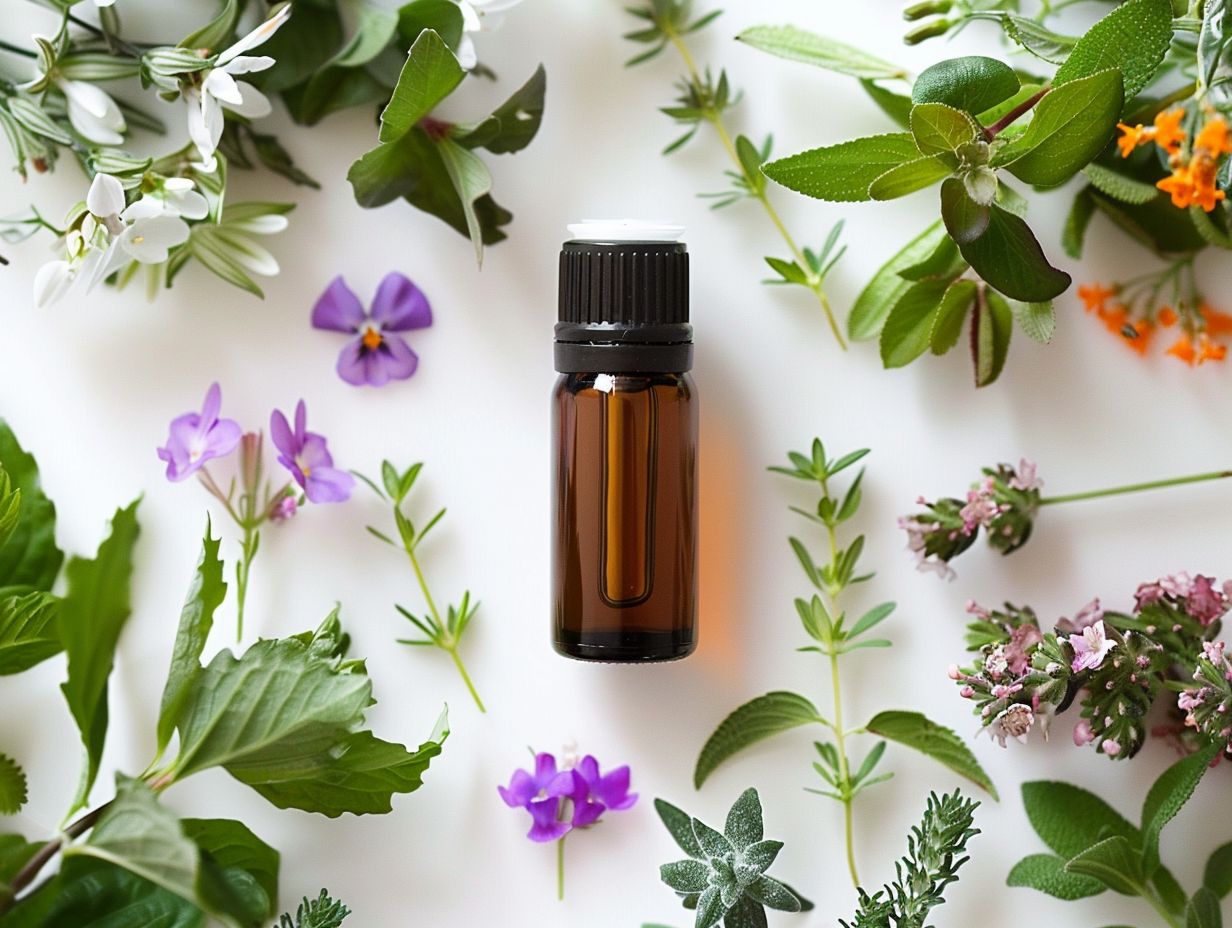
Young Living essential oils are known for their organic quality due to the rigorous standards set by the company’s Seed to Seal process, which ensures that the oils are sourced organically and processed without synthetic additives.
From carefully selecting the seeds to planting them in nutrient-rich soil, Young Living closely monitors each step. The crops are grown without the use of harmful pesticides or chemicals, fostering a pure and natural environment. Throughout the distillation process, advanced techniques are employed to extract the oils while preserving their therapeutic benefits.
The certification process involves thorough testing by independent third-party facilities to verify the purity and potency of the final product. This commitment to quality assurance sets Young Living apart in the essential oil industry, giving consumers peace of mind about the authenticity of the oils they use.
What Are The Standards For Organic Essential Oils?
The standards for organic essential oils involve strict adherence to guidelines set by regulatory bodies like the FDA, ensuring that the oils are sourced, processed, and labeled according to organic practices and regulations.
In terms of the production of organic essential oils, FDA regulations play a crucial role in maintaining quality and safety. Labeling requirements are also significant, as they must accurately reflect the organic nature of the product and provide essential information to consumers.
The overall process of maintaining organic quality includes sourcing ingredients from certified organic farms, using eco-friendly extraction methods, and avoiding synthetic additives or pesticides. These practices not only ensure the purity of the essential oils but also promote sustainability and environmental consciousness.
Does Young Living Meet These Standards?
You can count on Young Living to go above and beyond to meet the stringent standards for organic essential oils through its Seed to Seal guarantee, which includes rigorous quality control measures, extensive testing, and a commitment to transparency in its processes.
The Seed to Seal guarantee is a comprehensive system that ensures every step of the essential oil production process is carefully monitored, starting from the seed planting and growth stages. Young Living partners with trusted farmers around the world to cultivate the plants used in their oils, ensuring they are grown in optimal conditions without the use of harmful pesticides or chemicals. If you’re wondering where to buy Young Living essential oils, this system ensures quality and purity.
Quality control procedures are meticulously followed to maintain the purity and potency of the oils. Every batch of essential oil undergoes thorough testing to verify its quality, composition, and authenticity. Young Living’s state-of-the-art laboratories employ advanced technology to analyze the oils, ensuring they meet high industry standards.
Transparency is a core value at Young Living, and they are committed to sharing information about their sourcing, production, and testing processes with customers. Through their website and educational materials, they provide detailed insights into their sustainable farming practices, ethical sourcing methods, and quality assurance protocols, giving consumers confidence in the purity and potency of their essential oils.
What Are The Benefits Of Using Organic Essential Oils?
Using organic essential oils offers a multitude of benefits, including enhanced purity, potency, and overall wellness due to the absence of synthetic additives and chemicals.
In terms of purity, organic essential oils are extracted from plants grown without the use of pesticides, herbicides, or synthetic fertilizers, ensuring a higher concentration of beneficial compounds. This purity factor not only enhances the quality of the oils but also reduces the risk of skin irritations or allergic reactions that may occur with non-organic options.
The potency of organic essential oils is often superior due to the way they are cultivated and processed, resulting in a more concentrated and effective product. By retaining the natural essence of the plant, why use Young Living essential oils are known to offer increased therapeutic benefits, making them a preferred choice for aromatherapy and holistic healing practices.
Wellness enthusiasts also appreciate organic essential oils for their holistic benefits, which go beyond just the physical aspects. The natural and authentic nature of these oils promotes a sense of well-being and mental clarity, supporting emotional balance and overall health in a more profound way compared to their non-organic counterparts.
Are There Any Risks Associated With Using Non-Organic Essential Oils?
Non-organic essential oils may pose risks due to potential contamination with chemical constituents during the distillation process, which can affect the purity and quality of the oils.
Chemical constituents found in non-organic essential oils can carry harmful effects when used in aromatherapy or skincare products. These compounds, often remnants from pesticides or other synthetic additives, can introduce toxins into the body upon application. Contamination during the distillation process, which is common in non-organic production, can further exacerbate the issue. Impurities in the oils may alter their therapeutic properties and potentially lead to adverse reactions in individuals.
Ensuring the purity of essential oils is crucial for experiencing their full benefits, and opting for organic varieties can minimize these risks.
How Can You Ensure That Your Essential Oils Are Organic?
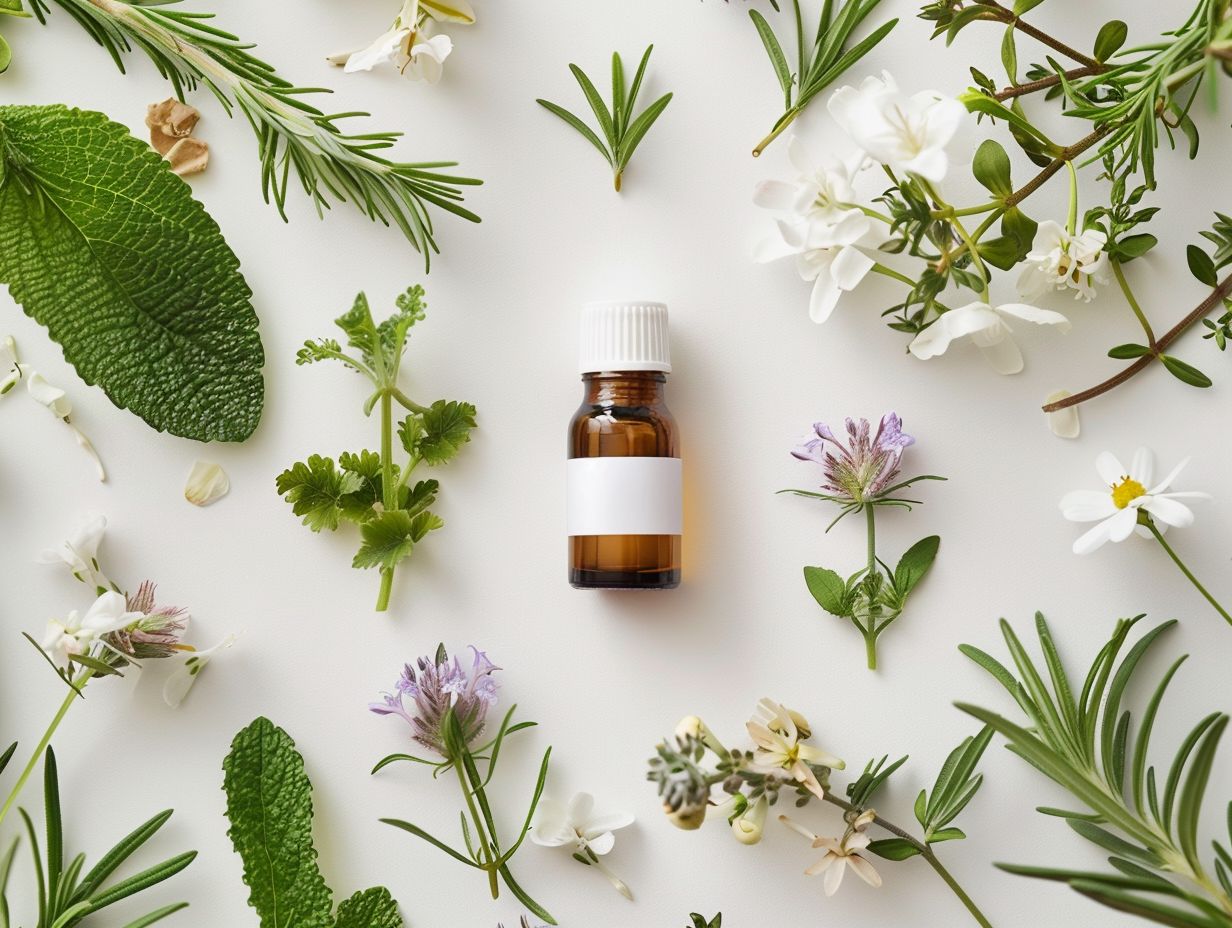
A crucial aspect of ensuring the organic nature of essential oils is seeking out third-party certifications such as USDA Organic, ECOCERT, or Soil Association. These certifications provide independent verification of the product’s organic authenticity. Scrutinizing the label for phrases like ‘100% pure,’ ‘certified organic,’ or ‘wildcrafted’ can indicate the purity and organic quality of the oil.
Delving into the company’s production methods reveals a lot about the transparency of the oil’s sourcing and processing. Look for companies that practice sustainable farming, use environmentally-friendly extraction techniques, and prioritize ethical sourcing practices.
Look For Third-Party Certifications
When seeking organic essential oils, prioritize brands that hold recognized third-party certifications, such as USDA’s certified organic label, to guarantee the authenticity and quality of the products.
Third-party certifications play a crucial role in providing consumers with assurance regarding the purity and origins of essential oils. The USDA’s certified organic label is widely regarded for its stringent criteria and rigorous standards, ensuring that products meet specific guidelines for organic production. By opting for certified organic essential oils, consumers can have confidence in the integrity of the product, free from synthetic additives and harmful chemicals. Certified products undergo regular inspections and testing, further validating their organic status and overall quality.
Read The Label Carefully
Carefully reading the label of essential oils is crucial to identify organic claims, production methods, and ensure that the product aligns with your organic preferences and standards.
Checking the label provides valuable insights into the sourcing and processing of the essential oil. Look for terms like ‘100% pure’, ‘USDA organic’, or ‘certified organic’ to ascertain the authenticity of the product. Understanding production methods such as steam distillation or cold-pressing can give you an idea of the quality and purity of the oil. Always be wary of synthetic additives or fillers, which can compromise the efficacy of the oil.
Research The Company’s Production Methods
Conducting thorough research into a company’s production methods for essential oils can provide insight into their organic practices, transparency, and commitment to maintaining organic standards.
By looking into how these essential oils are sourced, extracted, and processed, consumers gain a clearer understanding of the thoroughness and integrity of the production cycle. Transparency in these processes is crucial, as it ensures that no harmful chemicals or additives are introduced during cultivation or distillation. Adherence to strict organic practices guarantees that the oils are free from synthetic pesticides and genetic modification, preserving the natural purity and potency of the plant extracts.
Conclusion: Should You Choose Young Living Essential Oils?
Choosing Young Living essential oils not only ensures top-notch quality through the Seed to Seal promise but also guarantees products that go beyond organic standards, promoting sustainability and ethical practices.
As a consumer, investing in Young Living essential oils means you are not just purchasing a product, but supporting a company that values transparency and integrity in every step of their production process. The Seed to Seal promise not only ensures the purity of the oils you use but also reflects the brand’s commitment to environmental sustainability. By choosing Young Living, you are choosing to support ethical practices that prioritize the well-being of the planet and its inhabitants, making it a conscious choice for both your health and the environment. Is young living essential oils safe for your well-being?
Frequently Asked Questions
Is Young Living Essential Oils Organic?
Yes, all Young Living Essential Oils are certified organic by the USDA.
What does it mean for an essential oil to be organic?
An organic essential oil is one that has been produced without the use of synthetic pesticides, fertilizers, or other harmful chemicals.
Are there any synthetic ingredients in Young Living Essential Oils?
No, Young Living Essential Oils are 100% pure and do not contain any synthetic ingredients.
How can I be sure that Young Living Essential Oils are truly organic?
You can verify the organic certification of Young Living Essential Oils by checking the USDA organic seal on the product label.
Are all Young Living Essential Oils certified organic?
Yes, all Young Living Essential Oils are certified organic, unless otherwise stated on the product label.
Can I trust the quality and purity of Young Living Essential Oils?
Yes, Young Living has a Seed to Seal commitment to ensure the highest quality and purity of their essential oils, which includes rigorous testing and quality control processes.

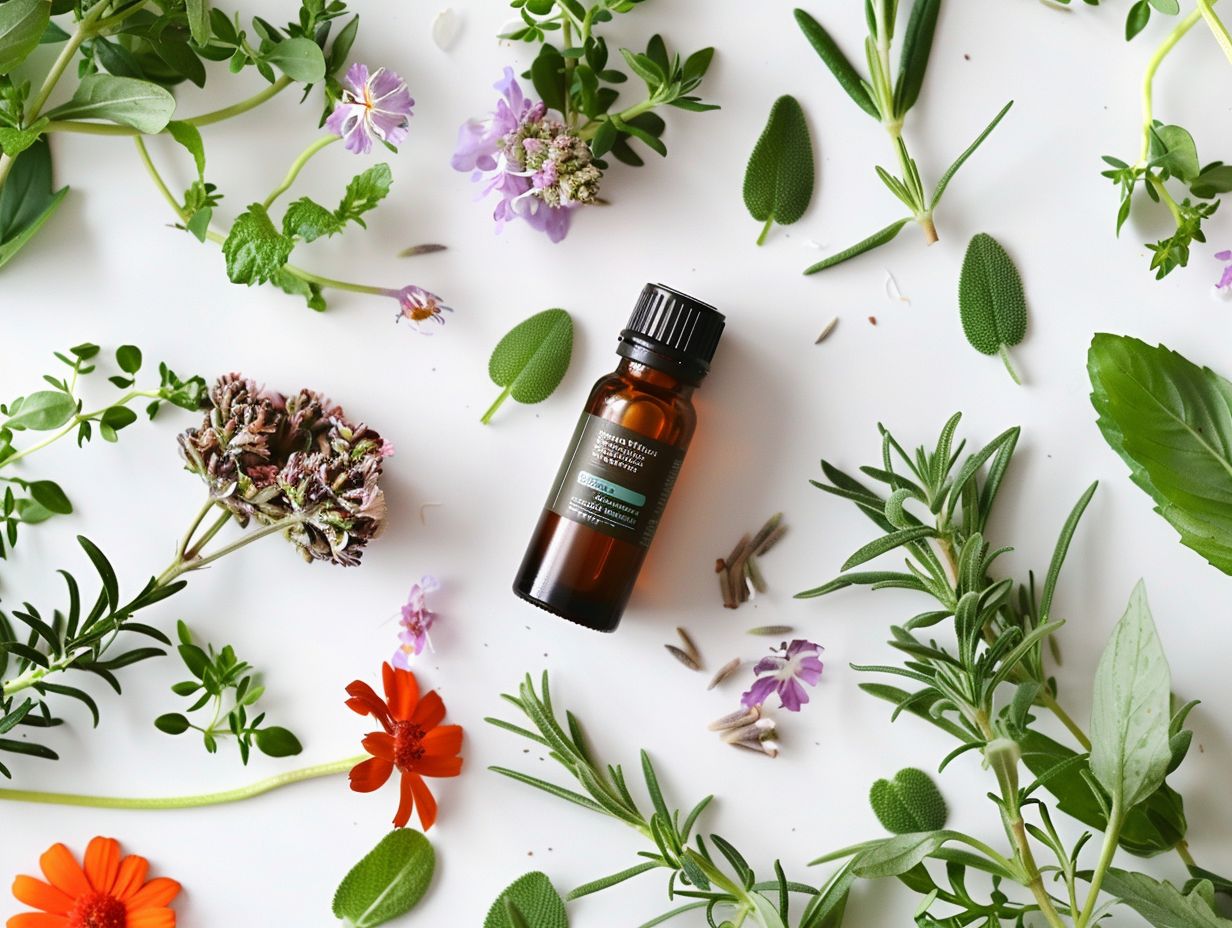
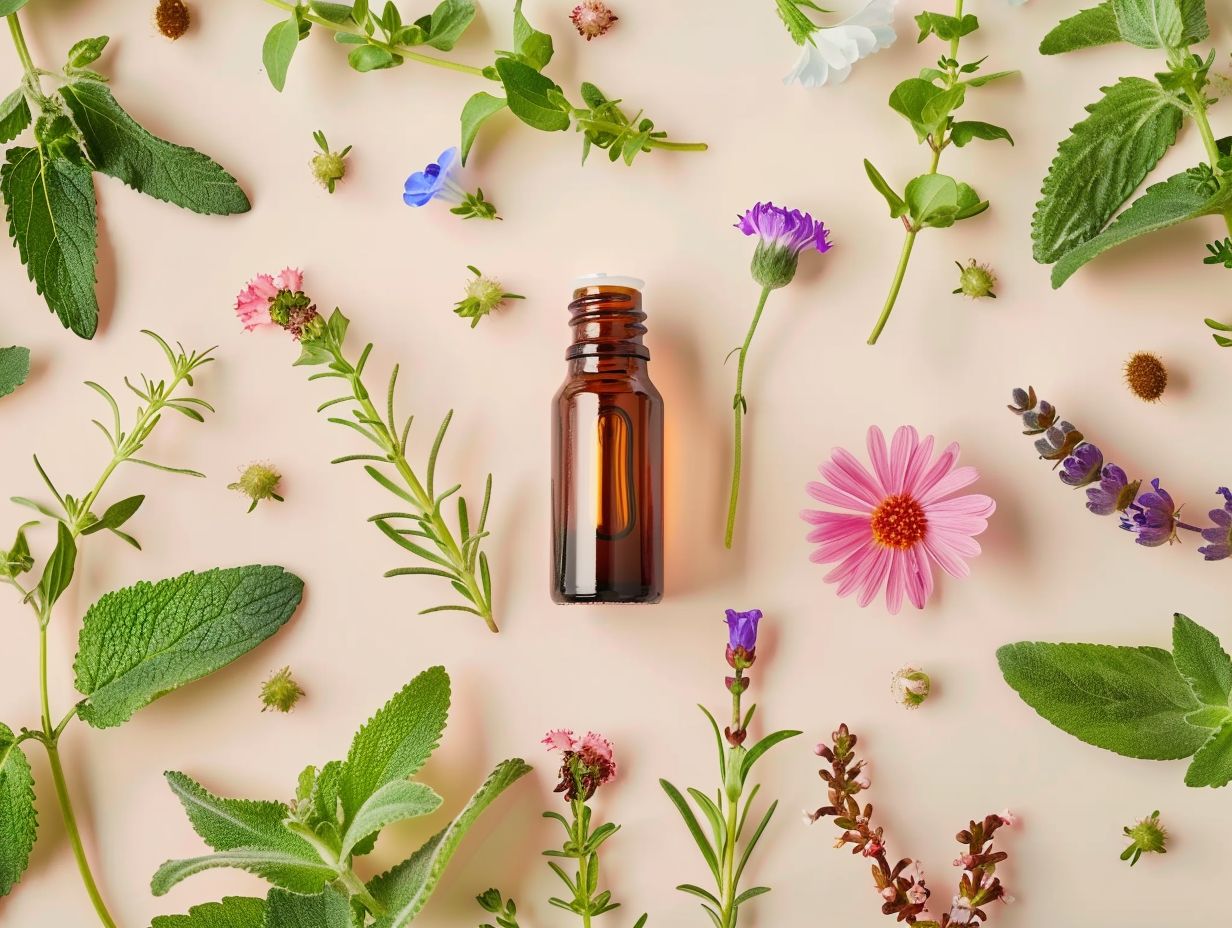
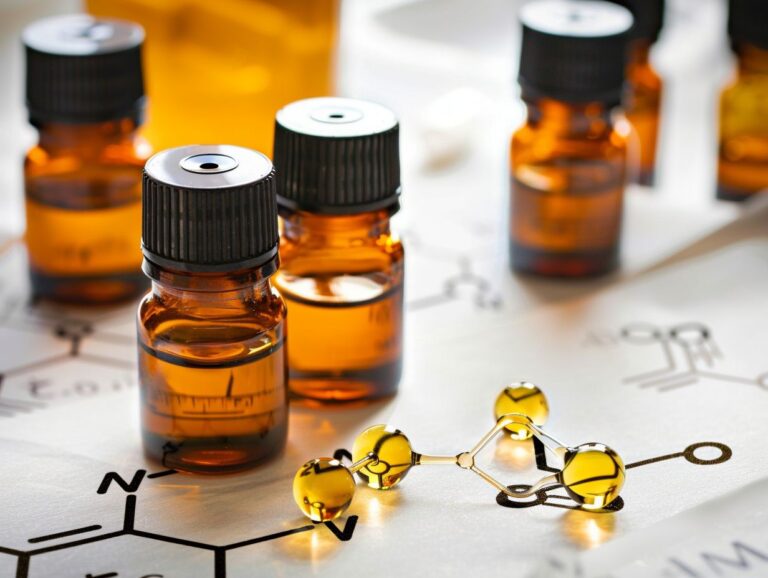
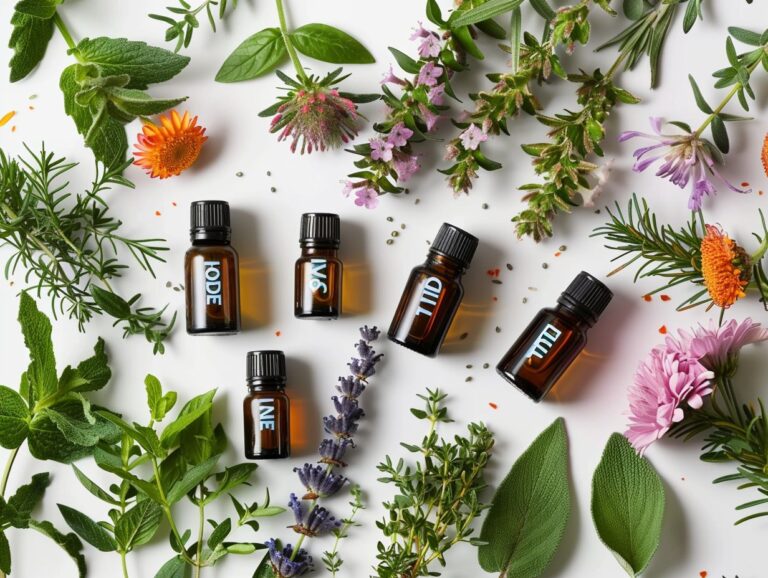

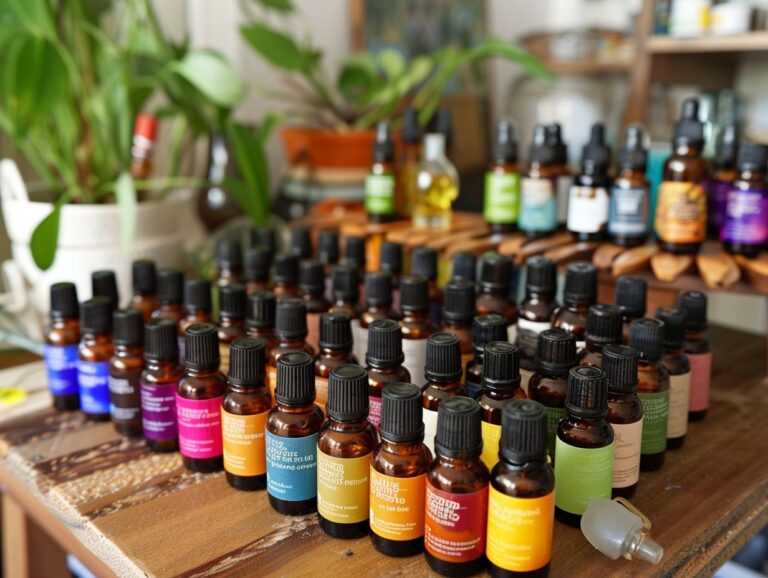
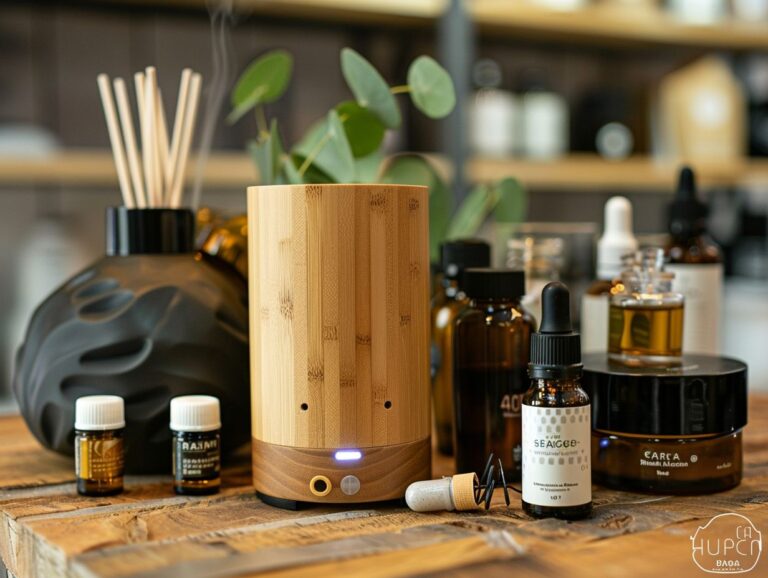
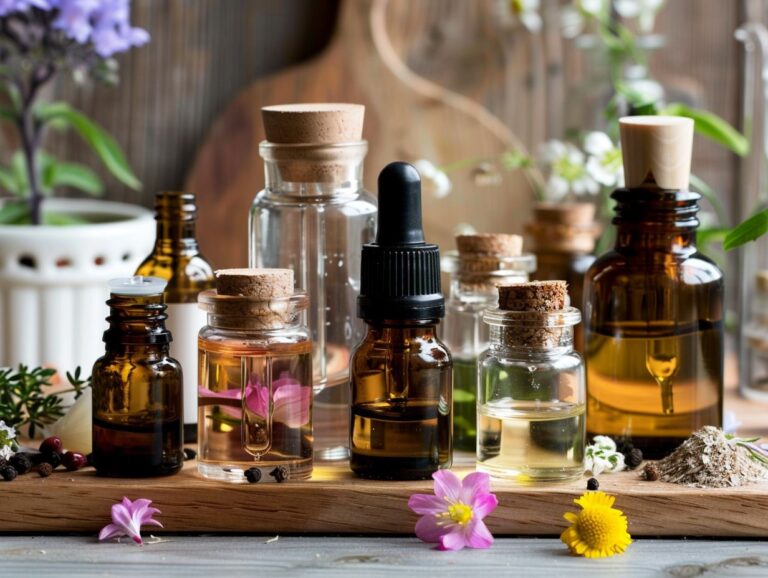
5 Comments